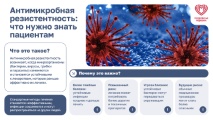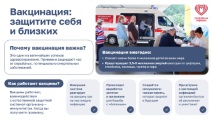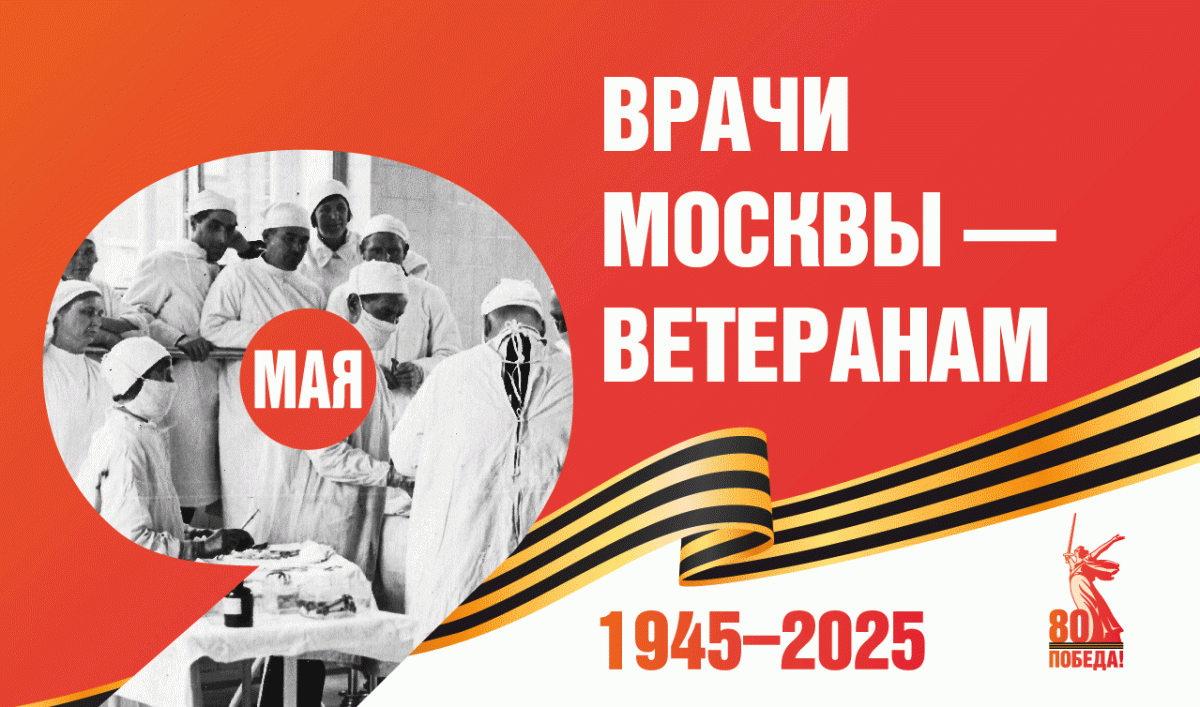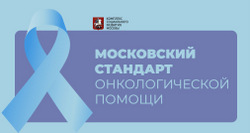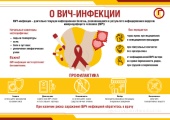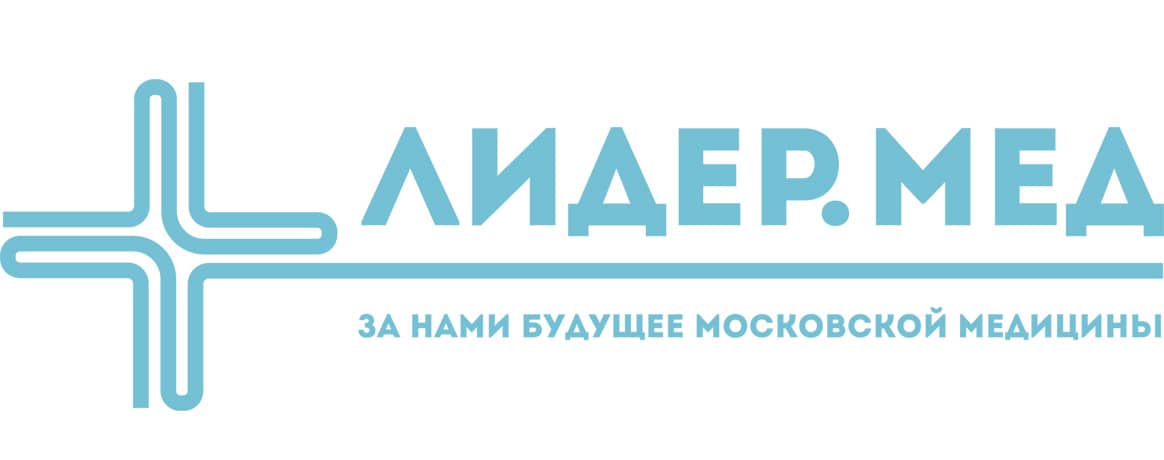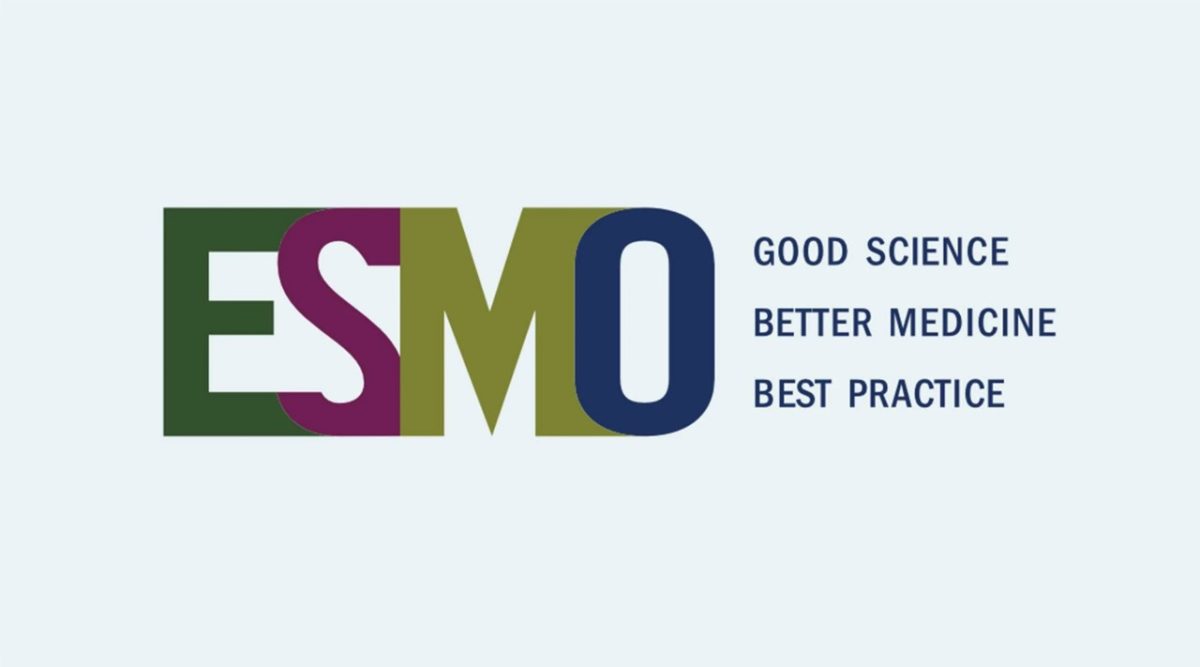
E. Kuzmina, M. Fedyanin, I. Pokataev
Background
Regorafenib is considered the standard third-line therapy of mCRC, which has demonstrated a survival benefit over placebo in randomized trials. Another, less proven approach is to the re-challenge of the previously effective treatment regimens. We compared the factors associated with longer PFS with the use of regorafenib and the re-challenge of chemotherapy in mCRC.
Methods
We analyzed the prospective database of pts with mCRC from two clinics of the Russian Federation. We conducted a univariate and then a multivariate analysis of the factors affecting PFS in the group of patients treated with regorafenib in the third or following treatment lines and the group receiving the re-challenge of the previously effective treatment regimens. We conducted statistical analysis with the SPSS statistical software package (v. 20, IBM).
Results
In the database, we identified 215 patients with morphologically confirmed metastatic colon cancer who received two or more lines of antitumor drug therapy from 2010 to 2021. Of them, we selected 132 patients with a history of regorafenib therapy, and 83 patients with the rechallenge of CT as the third line of the therapy. Overall survival (OS) in the re-challenge and regorafenib groups did not differ (hazard ratio [HR] 1.01 with 95% CI 0.7-1.45; p=0.9) and the 6-month OS was 74 and 70%, respectively. Progression-free survival was significantly higher in the re-challenge group (HR 1.94 with 95%CI 1.3-2.7; p < 0.001); In the multifactorial analysis in regorafenib group surgical resection of the primary tumor was the factor, that improved PFS (HR 0,5; 95% CI 0,3-0,9; p=0,05). Deteriorating factors were liver metastasis (HR 1,7; 95% CI 1,1-2,6; p=0,01) and ECOG performance status 1-2 (HR 1,4; 95% CI 1,08-2,06; p=0,01). As a result of the multivariate analysis in re-challenge group factors improving PFS were: stage Т1-2 (HR 0,4; 95% CI 0,2-0,7; p=0,002), surgery for metastasis (HR 0,5; 95% CI 0,2-0,9; p=0,02), lung metastases (HR 0,04; 95% CI 0,2-0,9; p=0,04). ECOG performance status 1-2 worsened the PFS (HR 1,7; 95% CI; 1,0-2,9; p=0,05).
Conclusions
The factors associated with the best PFS rates are more prognostic rather than predictive, and make it possible to identify patients with an indolent course of the disease and a good performance status for the appointment of therapy of the third and following lines.



